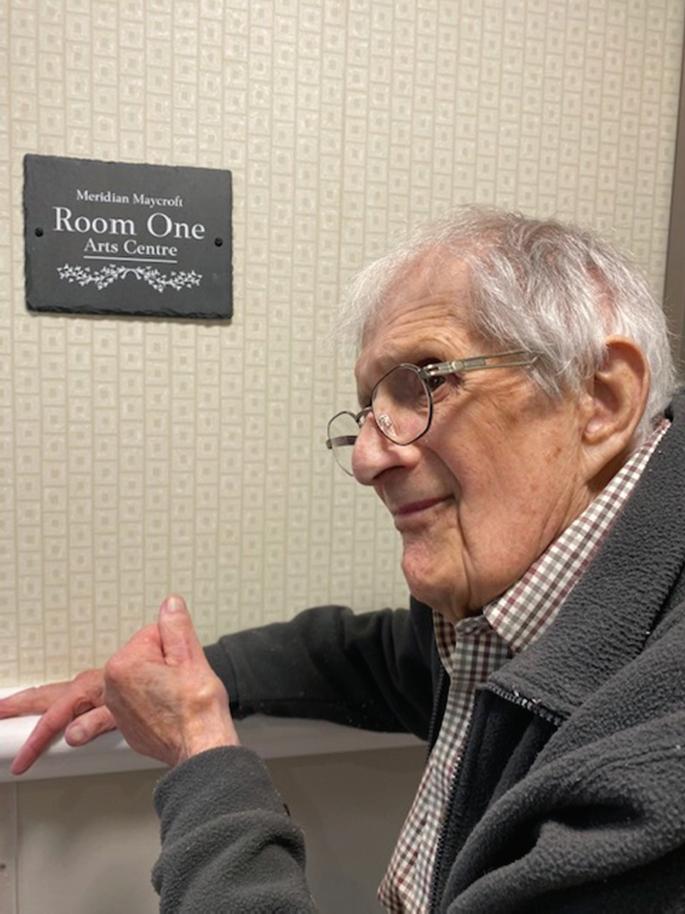
3 minute read
Primary School
Meldreth Primary School
www.meldreth.cambs.sch.uk
Advertisement
We’ve never known a spring term like it! After the Christmas break, the school gates opened on Monday 4th January to all children, to allow them to knuckle down to an exciting term of learning and laughter. The latter objective was swiftly quashed when Boris Johnson announced at 6.00pm that all schools were to close until further notice, to stem the accelerating infection rate of our nemesis Covid-19. The timing of the announcement meant that we had no opportunity to provide children with paper, pens, workbooks, reading books and so forth, which we had been able to manage prior to the March closure. A hearty sigh of exasperation was exhaled by all, but we stoically set to the renewed task of setting up Home Learning once more. There were significant changes this time round, however. A much greater number of children continued to attend school daily than had done so in March; largely the children of key workers in our community. We have created five learning bubbles this time around: one for our pre-school children, one for our Reception (or Foundation as we now call it) children and a mixed age bubble each for children in Years 1 and 2, 3 and 4, and 5 and 6. Perhaps the greater challenge in January, especially at the start of the new lockdown, was the move towards increased direct online teaching, so that children could continue to receive daily live lessons. At Meldreth, we have been fortunate to have invested in Google Chromebooks over recent years. This meant that all children in Key Stage 2 are used to accessing their virtual Classroom, where lessons and support materials are posted and children’s work assessed directly throughout the day. For the younger children, we use Tapestry, an online learning platform which effectively does the same job. Families that have struggled to provide their children with a tablet or computer have been loaned devices from school by way of government support. From the second week of the lockdown, following a rather steep learning curve by staff, all children had access to daily live lessons from their teachers, with optional drop-in live sessions. These sessions are attended by almost all our children every day and have provided a hugely valuable live link between school and home. The children in school attend the live sessions too so we are able to effectively meet up
daily. All technical glitches and problems have been capably managed and solved by the whirlwind in the office that is Mrs Willoughby and teachers have stepped up to another of this pandemic’s challenges. Mrs Howard hosts a virtual whole–school assembly every Friday which is attended by almost all of our children; this is a beaming mosaic of multiple screens filled with children’s faces beaming cheerfully from home while we celebrate children’s work and achievements of the previous seven days. At the time of writing, the number of actual Covid-19 cases remains negligible in our school community. Since the last week of January, all staff have been provided with home testing kits, which we submit results from after collectively swabbing our throats and noses on Wednesday and Sunday evenings. The business of teaching in this climate has indeed been challenging. Providing a curriculum that children can manage on different devices at home, which they may only have access to for part of the day, has been difficult; some families have printers while others do not, differentiation of tasks is often difficult and it is unrealistic to make informed judgements of children’s academic progress. We all stand in awe and applause to salute our besieged parents who we know are juggling the demands of different lessons for their children of different ages alongside keeping up with their own jobs, not to mention housework and providing meals, squeezing in some physical activity and keeping everyone happy for day after grinding day! Shortly before writing this piece, the government indicated that it was hoping to allow schools to reopen on Monday 8th March. By the time you read this piece, we shall know if indeed this is the case and we all hope upon hope that we can begin to return to ‘normal’ or at least return to the old ‘new normal’ that was the ‘un-normal’ experience of the period in school between lockdowns, between summer and Christmas. We know that we function best when we are all together. The children sorely need once more the social dynamic that pervades their lives in school when learning can really flourish alongside laughter and play.
Andrew Jones Deputy Headteacher Meldreth Primary School






